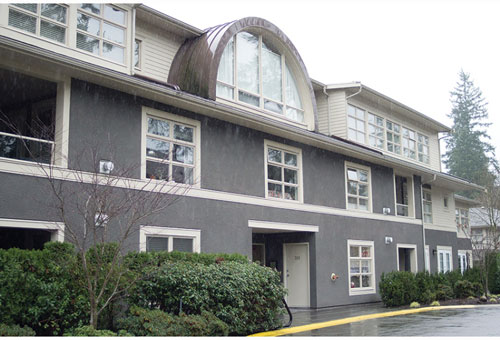1.
|
Address requests for accommodation promptly, and take them seriously.
There are very real consequences for a strata corporation that fails to
adequately respond to smoking complaints. |
2.
|
Designate a “first responder”. Consider having one strata council
member responsible for responding to smoking complaints and requests
for accommodation. That should allow the strata to be more responsive
to requests, including in between council meetings. |
3.
|
Request medical information. The strata is entitled to enough medical
information to understand the need and extent for accommodation, but no
more. In the Leary case, a doctor’s note explaining that the claimant’s
bronchitis was negatively impacted by second-hand smoke was enough
information to establish a disability and adverse impact. |
4.
|
Keep medical information confidential. If an owner or tenant submits
medical documentation to support their request, only the individuals
who are involved in the accommodation process should have access to
that information. Under no circumstances should it be circulated to the
general ownership. |
5.
|
Get an expert. A “sniff test” undertaken by another council member or
the strata manager is rarely sufficient to evaluate the presence of
smoke ingress into a unit. The strata may have to retain and pay for an
air quality expert as part of its duty to accommodate. |
6.
|
Investigate possible solutions. The strata council should be proactive
and take the lead on figuring out how to resolve the smoke ingress. It
should not put the onus on the complaining owner or tenant to find a
solution. |
7.
|
Document any undue hardship. The strata’s duty to accommodate is
limited to the point of undue hardship. If there is no solution to the
smoke ingress possible without causing the strata to suffer hardship,
the strata council should document that hardship. For example, if the
cost of a potential solution is too expensive, the strata should obtain
estimates for that work and keep them on record. If there are competing
needs of other strata members with disabilities, the strata council
should document that in writing. Always have a paper trail. |
8.
|
Make a decision. The strata council will ultimately be responsible for
deciding how to respond to a request for accommodation. The council
cannot offload that decision onto the owners by calling a vote at a
general meeting. When recording the council’s decision in the meeting
minutes, make sure not to disclose more than necessary about the
accommodation. The complainant’s name and the details of their medical
condition should never be recorded in the minutes. |
